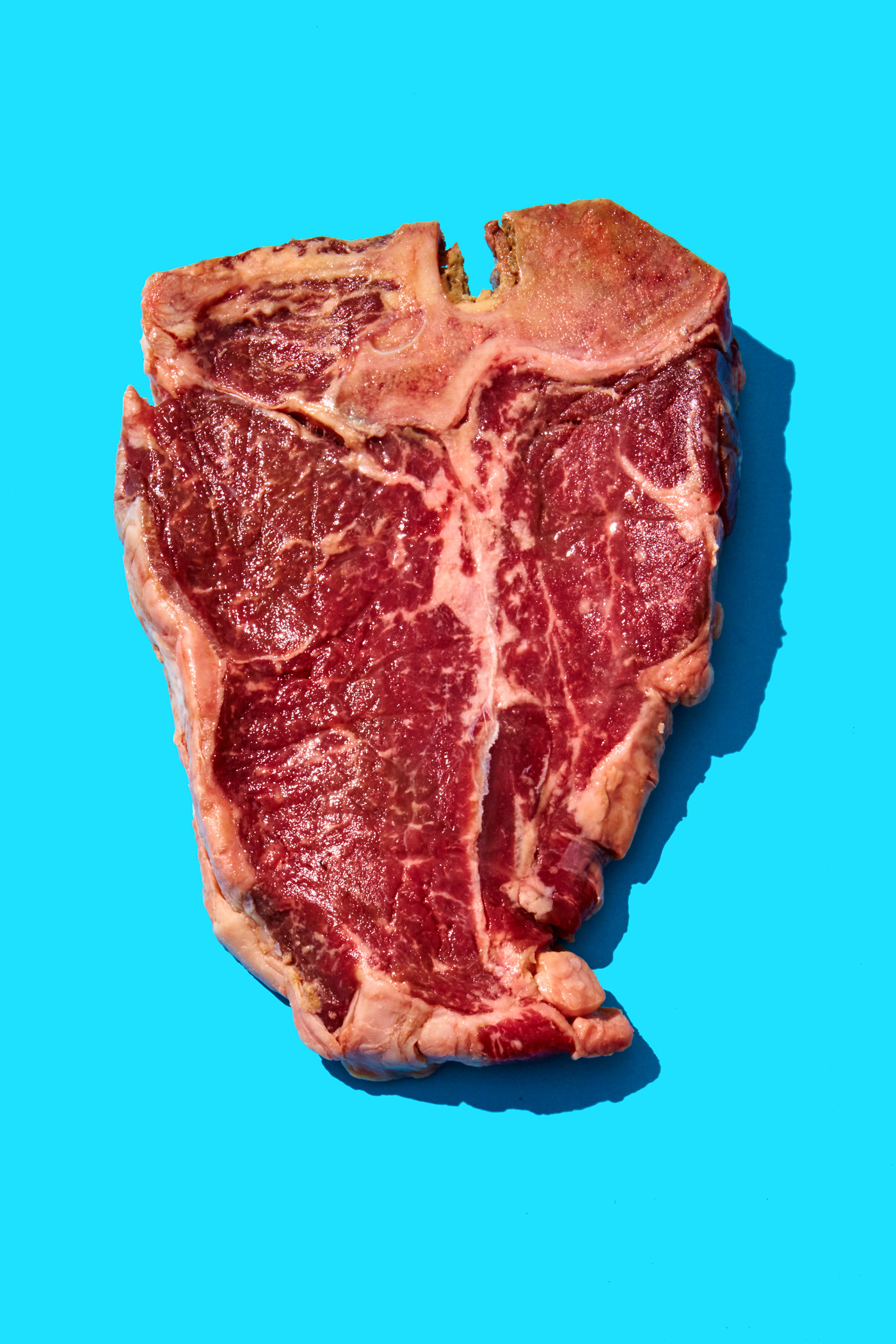
Dieting used to seem simple. If you were slim, you were in “good shape.” If you weren’t, losing a few pounds would benefit your health. But the latest research suggests that your risk for death and disease doesn’t always align with your physique. That makes pinpointing the “ideal” or “optimal” protein intake really tricky.
Some exercise researchers say more protein is often better—even in amounts well above the 56 grams a day (and 46 grams, for women) recommended by the Institute of Medicine (IOM). It’s filling, beneficial for appetite suppression and weight loss, and also helps prevent loss of muscle mass and strength as people age, says Dr. Stuart Phillips, a professor of kinesiology at Canada’s McMaster University. Animal sources of protein are also loaded with essential nutrients and amino acids—like iron and folate, which many people don’t get enough of, Phillips says.
For all these reasons, he says that adults, whether they’re sedentary or active, should consume a lot more protein than they probably do—up to .75 grams of protein per pound of body weight every day. For a 150-pound person, that works out to roughly the amount you’d find in a chicken breast or like-size cut of meat, a cup of beans, six ounces of Greek yogurt and eight ounces of milk, according to the USDA’s nutrient database.
MORE: Red Meat, Hot Dogs And The War On Delicious
But talk to a disease and longevity researcher, and you’ll get a very different answer—one that sure won’t please Paleo dieters.
“Proteins and their amino acids regulate the two major pro-aging pathways,” says Dr. Valter Longo, a professor of biological science at the University of Southern California. By “up-regulating” those pathways, eating lots of protein seems to promote higher rates of both death and disease, he says.
Longo’s research shows cancer rates increase nearly 400% among Americans who get 20% or more of their daily calories from protein, compared to those who restrict their protein intake to 10% of their daily calories. Risk of mortality also jumps 75% among the heavy protein eaters, his data show.
Of course, there are several important confounding factors baked into that data. Americans who eat lots of protein are probably getting it from unhealthy sources. But Longo says even if you cut out fatty, additive-stuffed cuts of meat—fast food burgers, breakfast sandwiches etc.—there’s still plenty of evidence to suggest protein consumption fuels disease and early death.
MORE: What To Know About Meat And Cancer
“We are not claiming that the high-protein diet cannot make you lose weight, but only that in the long run it is not healthy for you,” Longo says.
Based on his longevity research, he recommends people get no more than .37 grams of protein per pound of bodyweight—roughly half the amount Phillips recommends. For a 150-pound person, that works out to about 50 grams of protein daily.
But Phillips and Longo’s recommendations start to converge for older adults. For people over 65, muscle wasting and loss of strength become important concerns—so much so that eating more protein lowers your risk for both death and disease, Longo says. Once you hit 65, he says it’s fine to consume a bit more protein if you notice you’re starting to drop weight, lose strength or shed muscle mass.
All of this no doubt seems confusing and convoluted. (Despite what that bestselling diet book tells you, nothing is simple when it comes to your health and the food you eat.) But you can probably forget about counting protein grams if you do just one thing: adopt a Mediterranean-style diet.
Fish contains about half the protein found in chicken or red meat, and the other staples of the Mediterranean diet—olive oil, vegetables, whole grains and legumes—have low or modest amounts of it. That may be one reason why Mediterranean diets have repeatedly been linked to a longer life and lower rates of disease, Longo says—and it’s just one more reason to adopt the diet supported by research again and again.
More Must-Reads from TIME
- Cybersecurity Experts Are Sounding the Alarm on DOGE
- Meet the 2025 Women of the Year
- The Harsh Truth About Disability Inclusion
- Why Do More Young Adults Have Cancer?
- Colman Domingo Leads With Radical Love
- How to Get Better at Doing Things Alone
- Michelle Zauner Stares Down the Darkness
Contact us at letters@time.com